Sumant Pushp
A Finite State Transducer Based Morphological Analyzer of Maithili Language
Feb 29, 2020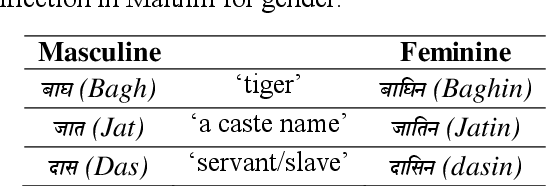
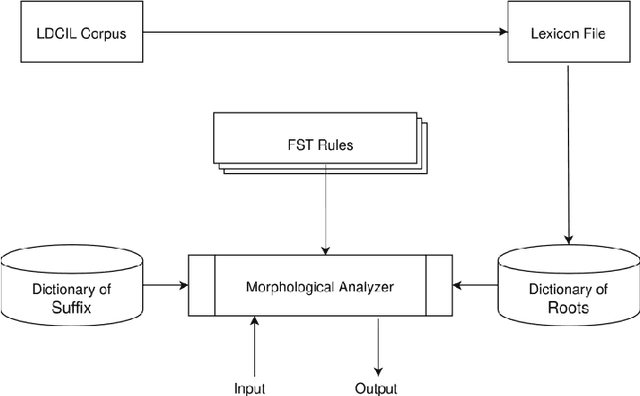
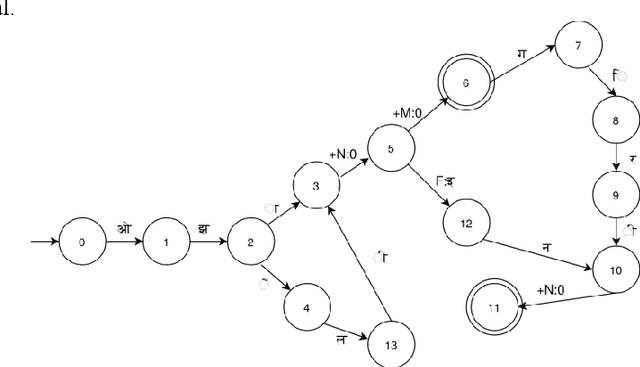
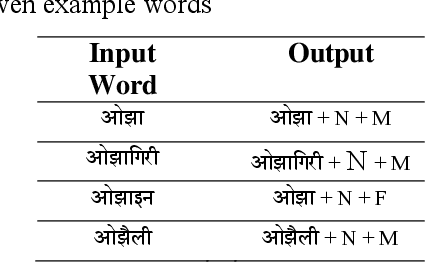
Abstract:Morphological analyzers are the essential milestones for many linguistic applications like; machine translation, word sense disambiguation, spells checkers, and search engines etc. Therefore, development of an effective morphological analyzer has a greater impact on the computational recognition of a language. In this paper, we present a finite state transducer based inflectional morphological analyzer for a resource poor language of India, known as Maithili. Maithili is an eastern Indo-Aryan language spoken in the eastern and northern regions of Bihar in India and the southeastern plains, known as tarai of Nepal. This work can be recognized as the first work towards the computational development of Maithili which may attract researchers around the country to up-rise the language to establish in computational world.
Declarative Memory-based Structure for the Representation of Text Data
Feb 25, 2020
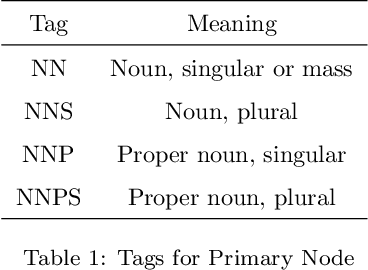
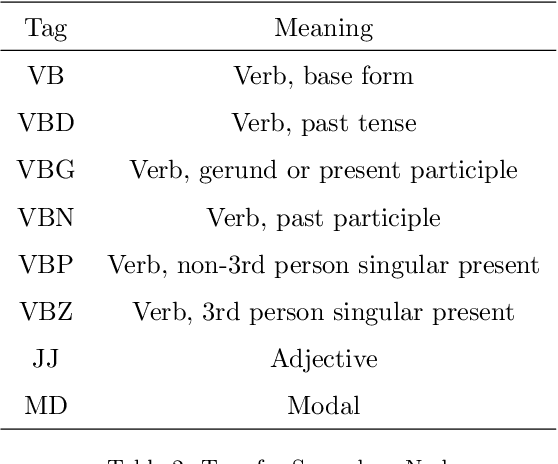
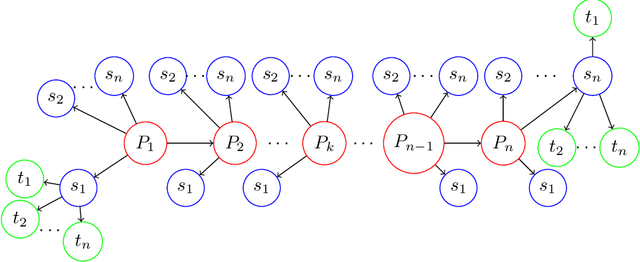
Abstract:In the era of intelligent computing, computational progress in text processing is an essential consideration. Many systems have been developed to process text over different languages. Though, there is considerable development, they still lack in understanding of the text, i.e., instead of keeping text as knowledge, many treat text as a data. In this work we introduce a text representation scheme which is influenced by human memory infrastructure. Since texts are declarative in nature, a structural organization would foster efficient computation over text. We exploit long term episodic memory to keep text information observed over time. This not only keep fragments of text in an organized fashion but also reduces redundancy and stores the temporal relation among them. Wordnet has been used to imitate semantic memory, which works at word level to facilitate the understanding about individual words within text. Experimental results of various operation performed over episodic memory and growth of knowledge infrastructure over time is reported.
 Add to Chrome
Add to Chrome Add to Firefox
Add to Firefox Add to Edge
Add to Edge